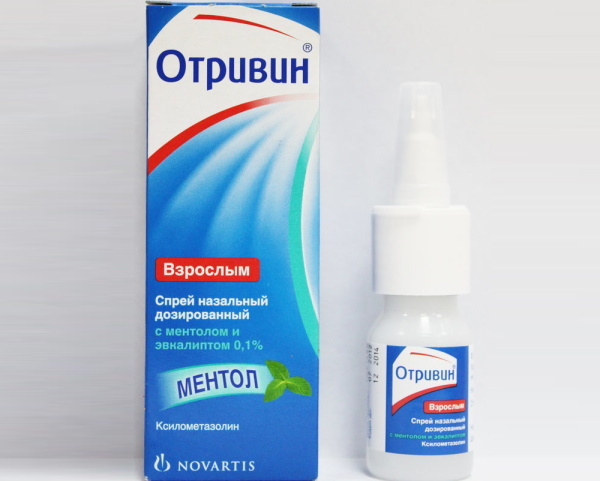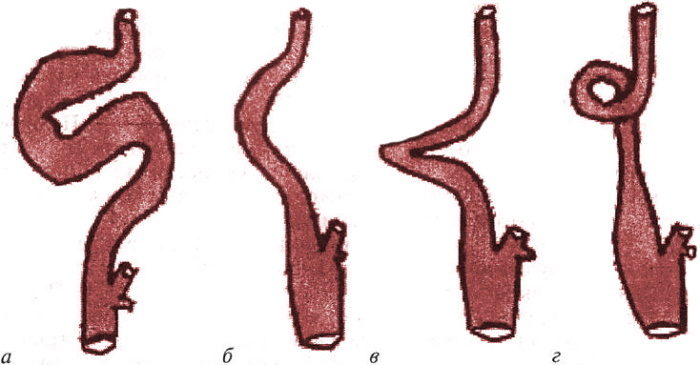Content
- Causes
- Poor oral hygiene
- Bleeding gums
- Abuse of salt as a condiment
- Dehydration of the body
- Taking medications
- Diseases of the ENT system
- Dysfunction of the salivary glands
- Other Causes of Salt Taste
- How to fix
- Possible consequences and complications
- Salty mouthfeel video
When a person pays attention the appearance of a salty taste in the mouth, one can assume a variety of reasons for the appearance of such symptoms. A change in taste, as a rule, is most often associated with the fact that hygiene measures for the oral cavity are performed incorrectly or too rarely.
There are other more dangerous reasons. For example, a similar sensation can occur while taking medication, when the body is dehydrated, or even in the case of neoplasms in the brain. Therefore, it is very important to timely identify the exact causes and prescribe treatment in order to get rid of not only such a symptom, but also from the main problem causing it.
Causes
There are several factors that can trigger an unpleasant or salty taste in your mouth. It is worth considering the main ones.
Poor oral hygiene
If a person does not brush his teeth well or completely ignores such mandatory procedures, then plaque begins to collect on his teeth. It is quite soft at first, so you can easily get rid of it. However, with prolonged exposure to salts that are released from saliva, this plaque begins to mineralize and harden. Many people call it tartar. But some do not suspect that he carries an even greater danger.
Pathogenic bacteria thrive on tartar. The problem is that it is no longer possible to get rid of such plaque with a toothbrush after it has hardened. In this case, it is necessary to contact a dentist who performs specialized dental cleaning of teeth and actually removes the accumulated dental calculus.
Due to the fact that bacteria and the remnants of their vital activity begin to appear on the teeth, over time mineralized plaque causes the patient to complain of a persistent salty taste in the mouth or on the lips.
Bleeding gums
The salty taste in the mouth, the reasons for which are discussed in the article, can be caused by another dental problem. It is due to the fact that blood periodically comes from the gums. This also results in a salty taste. This can happen due to mucosal injury or with the development of more serious diseases.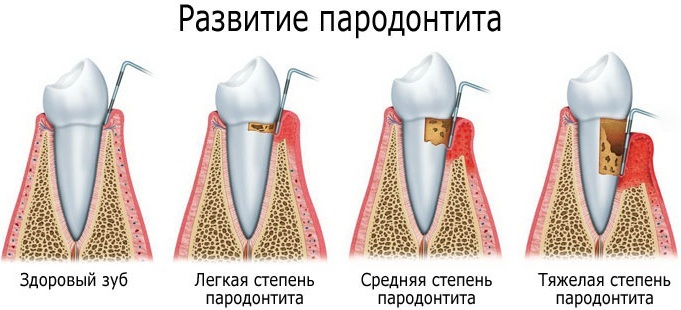
Most often, bleeding gums appear with periodontitis or gingivitis. The fact is that the blood that is secreted onto the mucous membrane partially resembles seawater in its composition, that is, it contains sodium and chloride ions. This is what gives the salty taste. For the same reason, these symptoms appear after a tooth extraction has recently been performed.
After the procedure, a fairly deep wound appears, which bleeds for a relatively long time. For a long time, a special substance is released from it - a bloodstream. It is needed to speed up healing. However, within a few days after tooth extraction or any other operations, the described symptoms disappear.
Abuse of salt as a condiment
Salty taste in the mouth and on the lips can appear for the most common reasons. For example, there are people who add huge amounts of salt to almost all foods. It seems to them that it is not enough. Over-salting food is very dangerous, since it is harmful to the body and the frequent use of such a popular seasoning can provoke a lot of problems.
For example, salt has a negative effect on the functioning of the cardiovascular system, liver, kidneys, and stomach. Due to an excess of salt, the liquid in the tissues is retained much longer, the absorption of calcium is impaired. It is he who is necessary in order for the teeth and bones to be strong. At the same time, salt accelerates the overall aging of the body, significantly impairing the process of the blood vessels.
One of the signs that a person is consuming excessive amounts of salt is a corresponding taste in the mouth. To test this theory, it is enough to try to start seasoning food with special substitutes. For example, experts recommend using condiments (garlic or dried seaweed, which is also slightly salty).
The natural salt content is very easy to retain in food if you steam it and skip frying or boiling. If after a while of eating food without salt, strange symptoms disappear, then the reason was definitely in a bad habit.
It is difficult to stop using salt. But scientists have already developed alternative ways of salting food. They made special cutlery. When they touch the tongue, they are able to produce certain impulses. Because of this, a person has a strong belief that he eats food that is well seasoned.
Scientists from Tokyo went further and came up with a special electrical plug, which has three modes. The impulses are used to simulate the taste of salt. Interestingly, the fork was tested in one of the popular Tokyo restaurants. The visitors didn't even know that they were eating completely lean food. However, they were confident that the food was well salted.
Dehydration of the body
A salty taste in the mouth (the causes may be signs of life-threatening conditions) may indicate a lack of water in the body. Therefore, it is important to monitor the amount of liquid you drink per day. In this case, we are not talking about absolutely any liquids, such as lemonade, tea, etc., but about pure boiled water.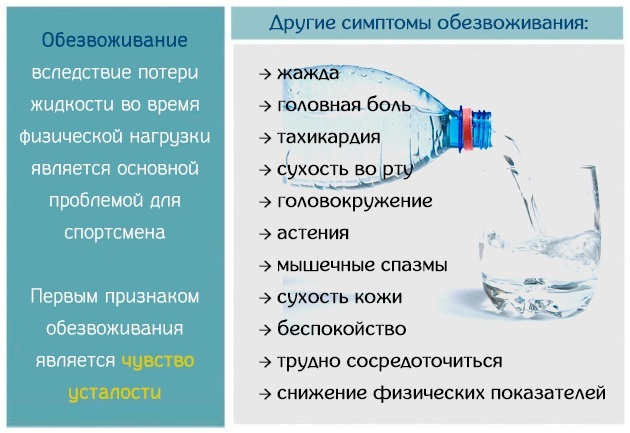
If there is a violation of fluid balance in the body, then, as a rule, a salty taste appears in the mouth. This is because sodium chloride is also found in human saliva. When fluid is lost in the body too quickly, it causes blood and saliva to thicken. At the same time, a characteristic dryness appears in the oral cavity, a person begins to swallow and lick his lips more often, thereby leaving on them the remnants of salt from saliva.
During hydration, all the liquid part of saliva evaporates and in fact only salt remains. Accordingly, the more a person licks his lips in such a situation, the more he will eat minerals, and the more tangible the taste of salt will be. Dehydration can be triggered by many different things.
For example, cravings for a low-carb diet can lead to this. Also, dehydration occurs when taking diuretics, poisoning, indigestion. The same sensation occurs after heavy consumption of alcoholic beverages, strong coffee or soda. Dry mouth is a common problem for smokers. However, people who follow a healthy diet and exercise regimen can also suffer from dehydration.
During exercise, fluids are removed from the body much faster. The same thing happens when you are under the hot sun on the beach for a long time.
However, dehydration is much easier to identify as it comes with additional symptoms such as:
- increased weakness;
- intense thirst when a person cannot drink water in any way;
- dizziness;
- diarrhea;
- problems with urination.
In a situation like this, you need to drink as much water as possible to stay hydrated. You need to remember that you need to drink at least 1.5-2 liters of water per day.. In a dehydrated situation, this volume can be increased.
Also, a lot depends on how many other drinks a person drinks. A lot more water will be required for those who prefer strong coffee and can consume up to 5 cups a day. After each such drink, you need to drink at least 2 glasses of clean water. This will help balance the balance.
Taking medications
Salty taste in the mouth can occur if a person is undergoing treatment with hormonal or antihistamines. People who take antidepressants and diuretics complain of dry mouth. Often, similar problems arise in patients undergoing treatment for cancer during chemotherapy.
As a rule, after the end of taking such drugs, any alarming symptoms disappear. However, some drugs have to be taken on an almost constant basis. In this case, you need to consult a doctor and describe to him the side effects from which the patient suffers. The specialist must select another similar drug that will not cause unpleasant consequences.
Diseases of the ENT system
The salty taste in the mouth may come from a more commonplace reason. For example, this sometimes happens with the development of bacterial sinusitis, allergic rhinitis, pharyngitis, sinusitis, or even the common cold. The fact is that during inflammatory processes, mucus begins to form in the sinuses.
It consists mainly of the protein mucin, water and salt, as well as some acids. When snot flows down the nasopharynx in the throat, a corresponding taste appears. Also, mucus can appear in the mouth. In this case, it is necessary to treat diseases that provoke such symptoms and then all unpleasant symptoms will disappear.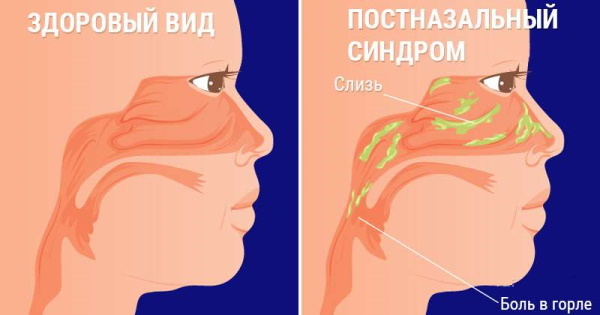
It is worth highlighting such a concept as postnasal syndrome. This is a fairly common phenomenon that occurs against the backdrop of numerous factors. For example, postnasal syndrome can be diagnosed after allergies, inflammation, or respiratory infections.
Dysfunction of the salivary glands
If a specific taste in the mouth does not go away for a long time and at the same time the person is sure that he does not suffer from dehydration, does not take medications and he does not have dental problems, then in this case, one can suspect a disease that can reduce functionality salivary glands.
For example, a person may suffer from Sjogren's syndrome. This is an autoimmune type of lesion that damages connective tissues. It is the salivary glands that are predominantly affected. As a rule, the pathology develops against the background of an advanced stage of rheumatoid arthritis or, if the patient is diagnosed with lupus erythematosus.
Another disease that leads to dysfunction of the salivary glands is called xerostomia. So it is customary to call a syndrome that often appears with dehydration and some other painful conditions. Xerostomia causes saliva to change in composition, becoming more viscous and sticky. It also tastes saltier and more bitter.
Xerostomia can be a symptom of the most harmless infections, but it is also common in more serious conditions. Pathology is usually diagnosed in those patients who have been taking antihistamines and antidepressants for a long time. Such problems can occur in people suffering from diabetes mellitus or hypertension.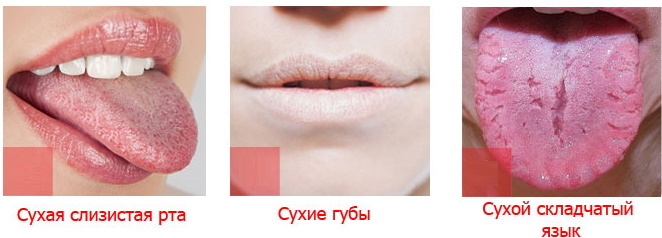
Xerostomia symptoms may appear in people who have recently received radiation therapy for head or neck cancer. However, most often this problem occurs in older people. Salivary stone disease can provoke such a pathology, which in turn is caused by blockage of the salivary glands.
Other Causes of Salt Taste
Salty taste in the mouth (it is best to determine the reasons as soon as possible) is dangerous if the symptom lasts for a long time). It is worth considering other features that lead to the appearance of a salty taste. For example, taste buds located on the palate, tongue, and also the back of the pharynx may be responsible for this.
They transmit signals to the brain, which in turn determines what taste sensations a person should experience. If such a neural connection is broken, then even when eating food that does not contain salt, it will seem to a person that this is not so. Various pathologies can lead to such disturbances in the functioning of the brain.
| The reason for the salty taste | Short description |
| Neuralgia | It is characterized by damage to the peripheral nerves. Pathology is of various types and can develop in different parts of the human body. With neuralgia, sensitivity does not disappear and motor disturbances do not occur (as with neuritis). Symptoms include itching, pain, and severe burning sensation. |
| Atherosclerosis |
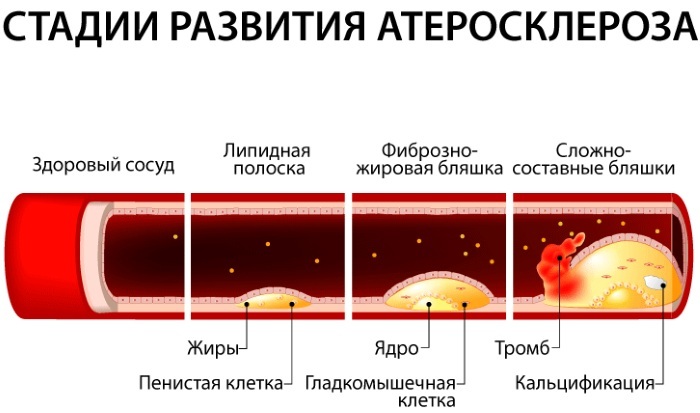 Chronic pathology, in which arterial damage is diagnosed against the background of metabolic disorders in the body (protein, as well as lipid). Also, with atherosclerosis, excessive cholesterol deposits appear. The main symptom of the disease is a sharp increase in blood pressure, persistent hypertension. If the lesion is localized in the extremities, then patients notice tingling in the fingers, numbness, decreased sensitivity of the skin. Chronic pathology, in which arterial damage is diagnosed against the background of metabolic disorders in the body (protein, as well as lipid). Also, with atherosclerosis, excessive cholesterol deposits appear. The main symptom of the disease is a sharp increase in blood pressure, persistent hypertension. If the lesion is localized in the extremities, then patients notice tingling in the fingers, numbness, decreased sensitivity of the skin. |
| Epilepsy | This is a chronic pathology of a neurological type, which is characterized by the fact that uncontrolled seizures occur in the human body. Epilepsy is one of the lesions that both humans and some animals suffer from. The first sign of an impending attack is increased anxiety. After that, the person falls into an unconscious state, his muscles are strongly tense and contract. |
| Thrombosis | It is characterized by the fact that blood clots - thrombi - gradually form inside the blood vessels. They are increasingly beginning to interfere with the passage of blood. If a thrombus breaks off from the wall, this can block the blood flow, which provokes hypoxia and the accumulation of metabolic products (for example, lactic acid). |
| Brain lesions | There are a huge number of these types of lesions. They often occur against the background of a stroke, trauma and various pathologies. Depending on the severity of the lesion and its location, various neurological disorders may appear. One of the signs of deviations is a change in taste in the mouth, the appearance of a taste of salt. |
| Ischemia | It is characterized by a local decrease in blood supply. Most often, ischemia appears against the background of narrowing of the lumen of the arteries. This provokes temporary dysfunction or irreversible damage to organs or tissues. |
There is no general method of getting rid of the salt taste. Therefore, it is important to carry out a diagnosis and only then proceed with therapeutic measures.
How to fix
The salty taste in the mouth, the causes of which are described above, are treated depending on the disease, syndrome or condition.
For example, in case of dental problems, it is necessary to treat the disease, after which it is important to adhere to several important rules:
- Brush your teeth daily. To do this, it is better to use specialized pastes and brushes of the required hardness, which are advised by the dentist. Cleaning is recommended in the morning and in the evening for several minutes, according to the technology, when the teeth are thoroughly cleaned from all sides.
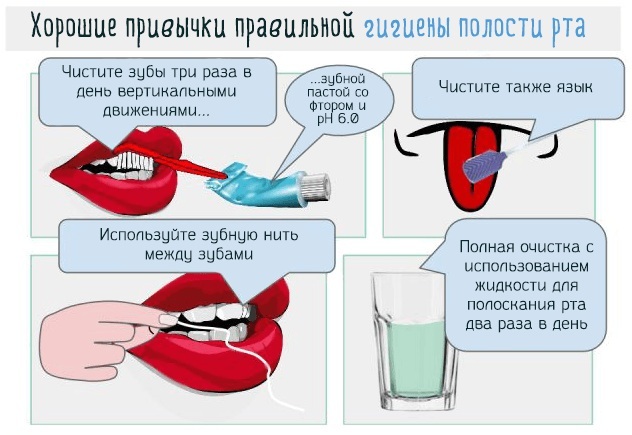
- Rinse the mouth with antiseptic medications prescribed by your dentist.
- Quit smoking, drinking coffee and other bad habits.
- Adjust your diet by giving preference to healthy foods.
- Take medications prescribed by your doctor.
In case of diseases of the teeth and gums, the dentist conducts an examination, performs sanitation of carious areas. Physiotherapy may sometimes be required.
If the patient has diseases of the ENT organs, then the doctor may prescribe:
- Rinsing the nasopharynx with saline.
- Instillation of drops. Vasoconstrictor drugs are commonly used.
- Antiviral therapy.
When diagnosing diseases affecting the tonsils, rinsing of the mouth with local antiseptics can be prescribed. Sometimes it is enough to do with resorption of tablets or special medicinal lozenges.
If the problems affect the upper respiratory tract, then expectorants based on Ambroxol are highly effective. Additionally, the condition can be alleviated by drinking plenty of fluids, massage in the chest area.
In the case of diagnosing pathologies of the nervous system or blood vessels, the doctor may prescribe drugs that help to normalize the blood circulation in the brain. Also, experts often prescribe antipsychotics, injections of vitamins (usually group B). A little less often, you may need to take fibrinolytics.
Possible consequences and complications
By itself, the symptom of a salty taste in the mouth is not a serious hazard. However, it all depends on what kind of pathology it was caused by. If there is a change in the composition of saliva, then you need to understand that in this case the oral cavity loses its antibacterial function. In addition, saliva should flush out food particles and soften food. But if she herself has become quite thick, then this can disrupt numerous metabolic processes in the body.
If there is little saliva, then the person suffers from problems with swallowing food. This, in turn, leads to problems of the gastrointestinal tract, and additional dental diseases may appear. In case of violation of the composition of saliva, the risk of developing dysbiosis in the oral cavity increases significantly. Such people often suffer from stomatitis, caries, pulpitis and other pathologies.
In addition, dryness of the mucous membrane provokes the development of bad breath. Therefore, even if such a symptom does not cause serious inconvenience, it is best to consult a doctor and carry out appropriate treatment. Moreover, the problem may even be in chronic diseases that have passed to another stage.
If the cause of the salty taste was brain damage, ischemia, thrombosis and other dangerous conditions, then, if untreated, the patient may fall into a serious condition. In the worst condition, there is even a risk of death. Even if a symptom appears against the background of taking a large amount of salt, this may be a manifestation of the fact that some processes in the body or brain are not proceeding correctly.
That is why, when a salty taste appears in the mouth that does not disappear for a long time, it is worthwhile to quickly determine the causes of the symptom. The success of the subsequent treatment depends on how quickly the diagnosis is performed. With a timely visit to a doctor, there is much more chance of a cure.
Salty mouthfeel video
The taste of salt in the mouth speaks of:

